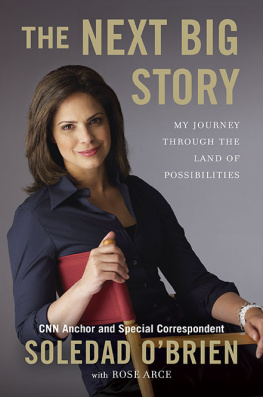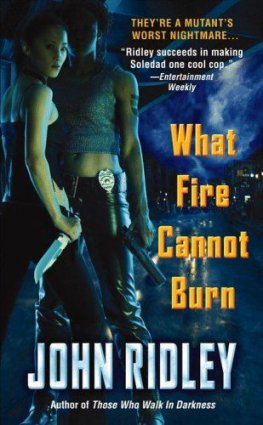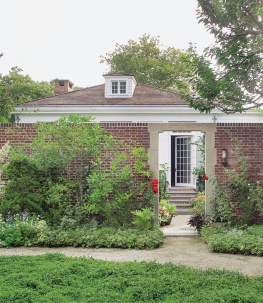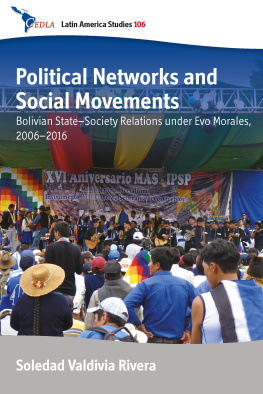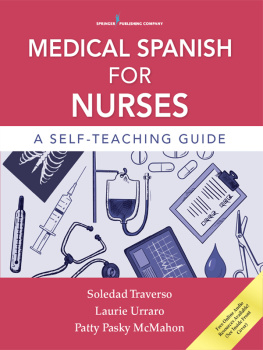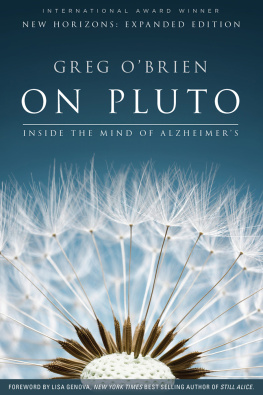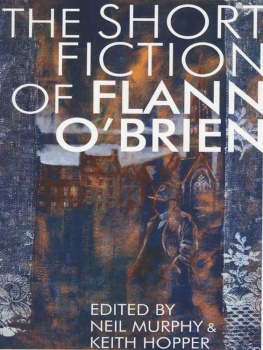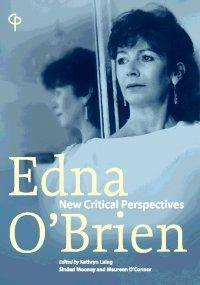ACKNOWLEDGMENTS
This book captures a lifetime of memories, lessons learned and experiences beyond my wildest imagination. I am thankful for the people whove helped me recall them accurately and given me my own world of opportunities.
It is hard to write about yourself without the advice and guidance of friends and mentors. I would like to thank Kim Bondy, Jeanne Blake, and Bob Bazell for being brilliant mentors and even more valuable friends.
I thank my wonderful agent, Lisa Queen, my insightful editor, Ian Jackman, and publisher Ray Garcia for believing in this project and working around my frenetic reporting schedule. There arent enough thanks to give to my coauthor, Rose Arce, whos not only become a wonderful writing partner, but who also vowed to wake me up during the aftershock of an earthquake in Haiti, should I sleep through it. Her partner, Mafe, and daughter, Luna, deserve my gratitude for giving up their time with her.
I thank Jon Klein and Bart Feder for understanding the importance of this project. They are the reason for my success at CNN. Theyve given me a great opportunity to report on stories that often go uncovered. My new boss, Geraldine Moriba, is also my new friend. I see a long future ahead of us making documentaries that tell the stories of Americans whose voices need to be heard. Marianna Spicer Joslyn, Barbara Levin, David Bohrman, and Justin Dial were immensely helpful to me in making this book good. My reporting would never come to fruition without the efforts of CNNs photojournalists, especially those that accompanied me to hot spots like Haiti, Thailand, Chile, and through the storms of New Orleans. My stories come to life because of editors like Carl Graf andAl DiSanti and the production staff of my In America team, particularly my invaluable assistant Robert Farfan, senior producer Michelle Rozsa, and producer Kimberly Arp Babbit, who were invaluable to Black and Latino in America. I thank my young interns Sara Mahmood and Anddy Matos for their help on this book. I also owe plenty to my CNN colleagues from the national and international desks who take our reporting teams effortlessly and safely through terrible storms and scary earthquakes. I thank my reporting colleagues Anderson Cooper, Sanjay Gupta, Thelma Gutierrez, Roland Martin, Susan Candiotti, Miles OBrien, Katie Couric, and so many others who see the challenges of good and honest reporting as our collective effort.
I am thankful also to Shevoy Onley for the memories restored and for being there from the beginning. Corinne Vargas shared a painful story that is a life lesson to all of us. So did the people in Shenandoah, Pennsylvania, Cindy Garcia of East LA, Marta of Miami, Michael Eric Dyson, Tina Smith and her family, Kenneth Talley, Susette and Bill Manassero, Cendy Jeune, Mark Kenson Olibris and so many others who open up their lives to me. I am a better reporter and a better person because I had a chance to listen in.
The most important contribution to this book was made by my parents. By recalling the stories of my childhood, they made me want to explore the history of Long Island and civil rights. It is a privilege to be able to finally tell the story of their journey as well and credit them with all the possibilities they gave me in life. I thank my siblings, who share my history and always have my back: Maria, Cecilia, Tony, Estela and Orestes. I am also grateful to my in-laws, nieces and nephews, for their support.
My deepest thanks to my husband, Brad, and my children: Sofia, Cecilia, Jackson and Charlie. They make great sacrifices so I can do my work. I do this for them and their future.
CHAPTER ONE
MY LIFE OF PERPETUAL MOTION
Im eleven. My sister Estela is fourteen. Were at a photographers studio to get a picture taken to give to our parents. The studio is on the main street in Smithtown, Long Island, not that far from where we live. The photographer says, Forgive me if Im offending you, but are you black? For a moment, Im speechless. I turn the comment over in my head. I cant figure out what he means. My sister is light-years ahead of me. She starts to shred the guy Offend us? Offend us? By asking if we are black? He is maybe thirty but he seems old to us. He has dark brown hair and hes tall. Hes white and were two mixed-race girls trying to get our picture taken as an anniversary present for our parents. Its 1977. Im this cheery, optimistic kid who suddenly feels quite sunk.
I just stand there in my big sisters shadow. Im trying to figure out why the nice-sounding words make me feel small and embarrassed. The photographer is being exceedingly polite but hes crushing my girlish self-confidence. Forgive me if Im offending you ... What is that supposed to mean? Why would it be offensive if he were to call me black? I am black. I am also Latina, and half white through my Australian father. That isnt typical in Smithtown, but there is nothing wrong with me. My name is sort of long. Im Maria de la Soledad Teresa OBrien. I am fast becoming Solie to my friends. Im a kid so I draw a little heart over the i when I write it. My hairs combed back in a bun and my clothes are what an eleven-year-old would wear. His tone makes it sound like something about me is off, especially the part about not offending me by assuming Im black. I just dont understand how it could possibly be offensive to be black.
This is the first time I remember feeling like I might be disliked for who I am. My mind does leaps on this theme. But Estela is totally on it. I am very impressed that she can articulate her anger so well at fourteen. She is already able to take apart a grown man. Shes so much more on top of it than me. Forgive me if Im offending you ... We dont have to take this crap. And from a photographer? Estela gives me the universal body language for were taking a walk and off we go.
I think this was the day it began, my life of perpetual motion. There was a time when I was always walking away from comments or stares. There was the store where someone explained that I couldnt be black because black people were thieves and killers. Um, gonna put down this jacket and leave now. I didnt feel rejected; I felt annoyed and confused. I was proud of my identity. I thought I fit in comfortably in my suburban town. It was off-putting when someone came out with something nasty, something that signaled that not everyone saw me the way I saw myself. I always expected the best from folks so it came as a surprise. It would take me a moment to figure out if thats what they really meant to say Then I would refuse to let it get to me. I was a middle-class girl in a middle-class Long Island suburb, but my young life became like those games of dodgeball we played in the school yard. When you move, you cant get hit. You survive to play again. By doing that you come out the winner.
There was the day I was walking down the hall to sixth-period science class. An older kid, eighth grade, came right up to me. If youre a nigger why dont you have big lips? he asked. It killed me that not only could I hear him: I actually could feel myself trying to formulate an answer, as if the question necessitated a response. There was no hostility in his voice. It was just this question he hurled at me in the rush to change class. He wasnt much bigger than me; he wasnt even scary. Just a guy with long sandy brown bangs swinging past his eyes like windshield wipers. I rushed past him, recording for some reason the colors on his short-sleeve shirt. I could pick him out of a lineup today, almost thirty-three years later. That day, I just pursed my mouth and kept moving, walking away. I wouldnt dignify him. I had to get to class.
Ive been a journalist now for more than twenty years. I go sprinting from story to story. My life moves fast. I am a big version of the little girl in Smithtown except now Im walking toward something rather than away from it. I force people to consider every word theyve said in interviews. I dig in to the awkward question. I revel in making people rethink their words. Nothing stops me. I am not the type to dwell on bad things. I have no patience for people who do. I am the glass half full, the one who insists there must be a way to fix things. Its not that Im propelled by unfounded optimism. I just cant suffer the small stuff or the bad stuff or the meanness we encounter in the world. I think better of life, that it harbors the possibility we can get past things and come out better on the other end. I see life as a series of victories, of wins. I live to capture that feeling when your chest cracks the ribbon at the finish line and tiny triangular flags flutter high above the track.

